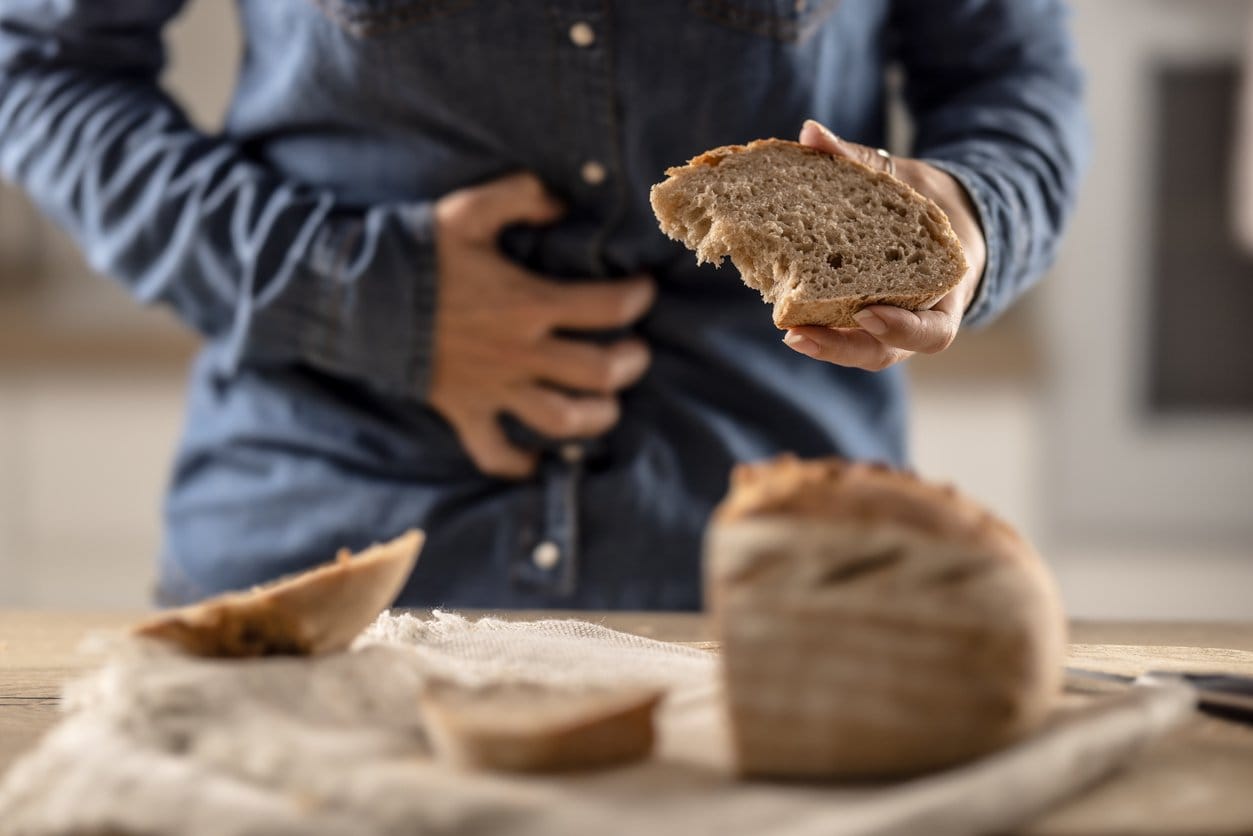It is estimated that there are 100,000 people living in Ireland with Coeliac disease. Living with coeliac disease requires more than just avoiding gluten-containing foods – it necessitates a fundamental shift in one’s approach to nutrition. Coeliac disease is an autoimmune condition in which the ingestion of gluten, a protein found in wheat, barley, and rye, causes an immune response, damaging the lining of the small intestine. As a result, individuals who are coeliac must eat a gluten-free diet in order to manage symptoms and prevent long-term complications. Below is our guide to navigating nutrition with coeliac disease:
Understanding Gluten-Free Foods
The cornerstone of managing coeliac disease is eliminating all sources of gluten from your diet. While this may seem daunting at first, there are plenty of naturally gluten-free foods to enjoy, including fruits, vegetables, lean proteins, dairy products, and gluten-free grains like rice, quinoa, buckwheat and corn. Additionally, there is now a wide range of gluten-free alternatives available, including bread, pasta, flour, and snacks, made from gluten-free grains or alternative flours such as almond, coconut, or chickpea flour.
Reading Labels and Avoiding Cross-Contamination
When following a gluten-free diet, it’s important to read and understand food labels to identify any possible hidden gluten sources. Ingredients like wheat, barley, rye, and malt should be avoided, along with food that may have come into contact with gluten during processing or preparation. Cross-contamination can occur in shared cooking utensils, cutting boards, toasters, and even condiment containers, so it’s essential to use separate cooking equipment and thoroughly clean surfaces to prevent accidental gluten exposure.
Ensuring Adequate Nutrient Intake
Adopting a gluten-free diet can sometimes lead to nutrient deficiencies if not carefully planned. Some gluten-free products are not fortified with essential vitamins and minerals like their gluten-containing counterparts, individuals with coeliac disease should pay special attention to their nutrient intake. Focus on eating lots of nutrient-dense foods such as fruits, vegetables, lean proteins, nuts, seeds, and gluten-free whole grains to ensure you’re getting a wide range of vitamins, minerals, and antioxidants.
Seeking Support and Guidance
Managing coeliac disease day to day can be difficult, especially when it comes to navigating social situations, dining out, and travelling. Be sure to seek support from healthcare professionals like registered dietitians who specialise in coeliac disease, as they can provide personalised guidance and meal planning strategies. Joining support groups and online communities for people with coeliac disease can also offer valuable insights, resources, and a sense of community.
In conclusion, embracing a gluten-free lifestyle is not just about avoiding gluten-containing foods—it’s about embracing a new way of eating that prioritises nutrient-dense, naturally gluten-free foods, and supports overall health and well-being.
May is Coeliac Awareness Month – find out more here.













